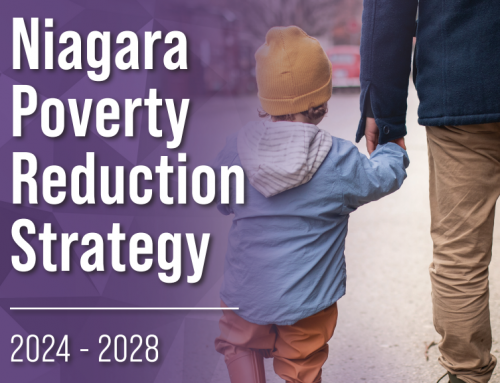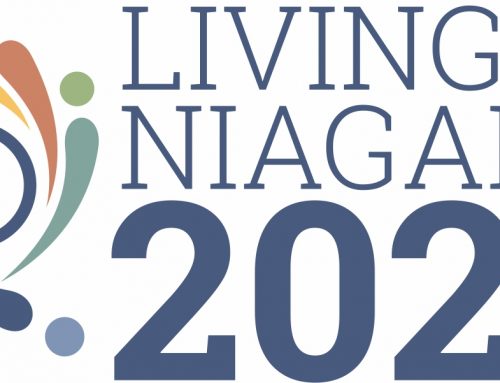Poverty and Employment Precarity in Niagara (PEPiN) has completed a research study on precarious employment and its impact in Niagara. Unemployment rates may be lower than previous years, however, a little over half of working-age Niagara residents have some form of precarious employment. We define precarious work as work that is typically part-time, temporary, or contract, and often without longer-term job security and employment-based benefits. It is often called non-standard employment.
This report suggests that precarious employment has a significant impact on the individuals, families, and communities it touches and that these impacts are indeed widespread and pervasive in Niagara. The report also includes a list of recommendations, aimed at government and employers, to reduce the incidence of precarious employment and to mitigate its impacts.
Related:
Authors:
- Jeff Boggs (Brock University)
- Jonah Butovsky (Brock University)
- Natalie Chaumont (United Way of Niagara Falls and Greater Fort Erie)
- Paul Connor (Niagara Connects)
- Lori Kleinsmith (Bridges Community Health Centre)
- Grace Maich (Brock University)
- Jennifer Williamson (Brock University)
Published By: Poverty and Employment Precarity in Niagara research group, a partnership between the United Way of Niagara Falls and Greater Fort Erie and Brock University’s Social Justice Research Institute
Publication Date: April 2018








